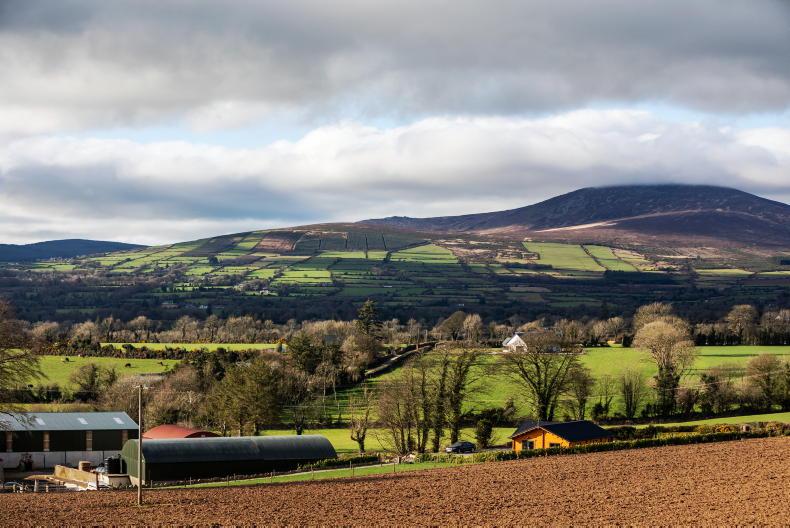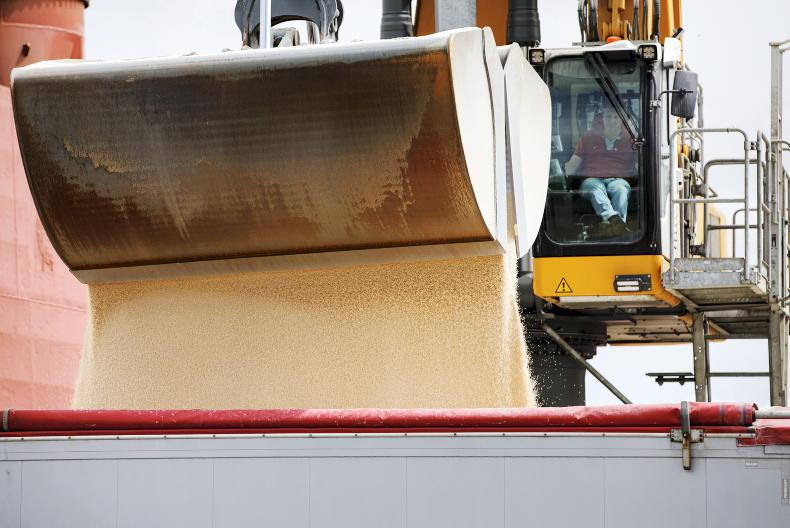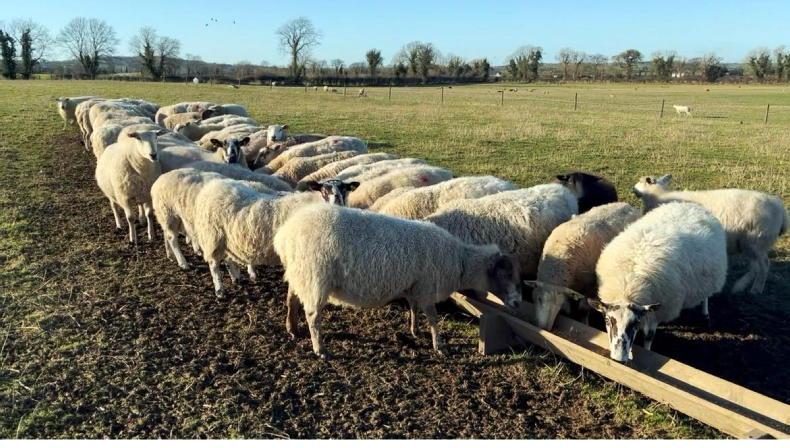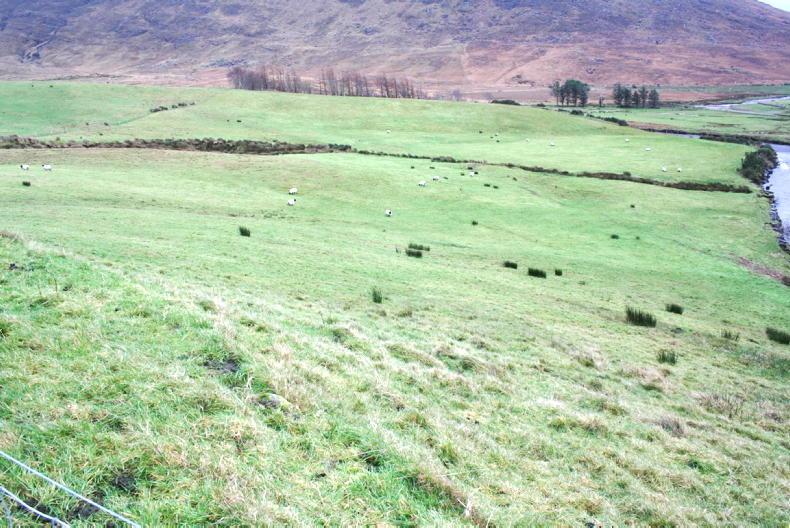Member states’ CAP strategic plans should be modified to reflect the comments made on organic farming targets and funding by the European Commission in its initial observation letters on the plans, the International Federation of Organic Agriculture Movements’ (IFOAM) arm in Europe has stated.
The EU organics group criticised some member states for failing to adequately fund organic schemes, a reality it said would discourage farmer uptake of "more transformative" agri-environmental measures in favour of more limited scheme options that would be less costly for farmers.
The group had commented in March that the payment rates proposed in the Organic Farming Scheme for 2023 onwards would not be sufficient to take the organic area in line with that of other EU countries.
“As the European Commission mentioned in its observation letters, some countries lack ambition to contribute nationally to the EU’s target of 25% organic farmland by 2030, either in terms of targets, either in terms of weak interventions, and low budgets to develop organic farming,” president of IFOAM Organics Europe Jan Plagge said.
“Member states should integrate the Commission’s observations to guarantee at least the continued growth of organic production during the next CAP period 2023-2027 and have a greater overall climate and environmental ambition,” he added.
Approval process
Director of the organics group Eduardo Cuoco urged Brussels to wait until comments made in the observation letters were heeded before granting the green light to plans.
Payment rates had to be sufficiently high to justify farm conversion for organic targets to be reached, Cuoco explained.
“The Commission should ensure member states enhance their CAP strategic plans before approving them to make sure the interventions set will incentivise more conventional farmers to transition to organic farming, given the benefits of organic for biodiversity, the environment and animal welfare as recalled by the Commission itself in its letters,” he said.










SHARING OPTIONS